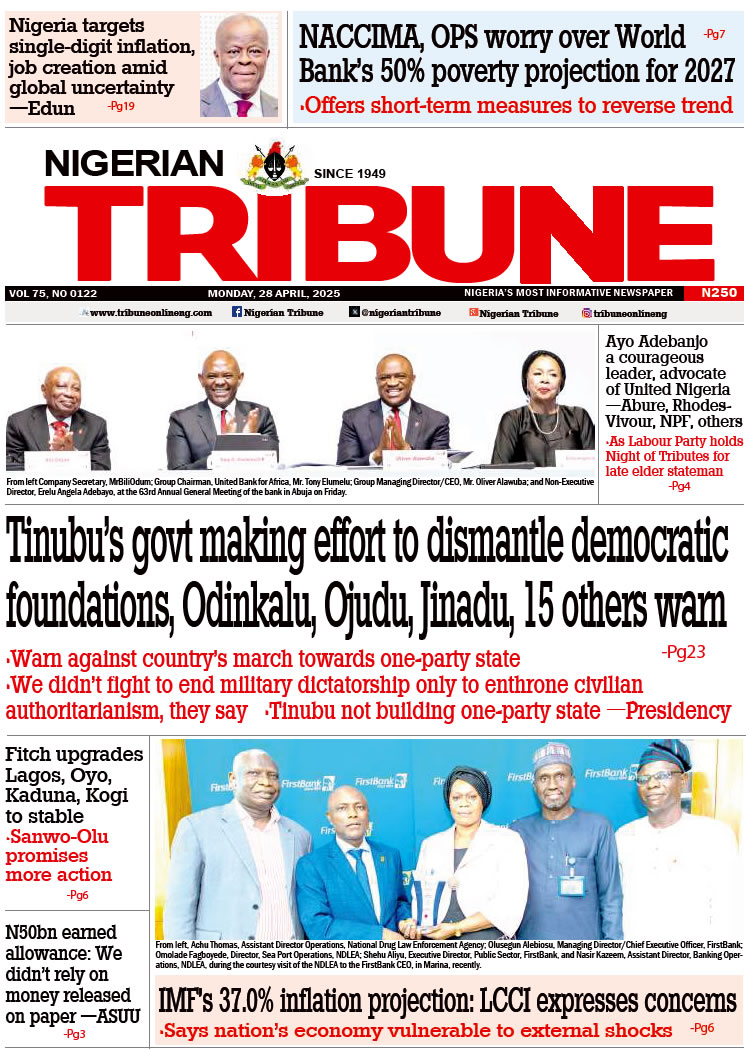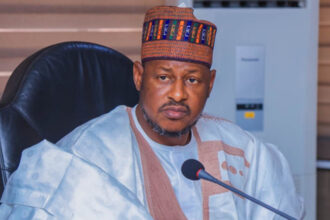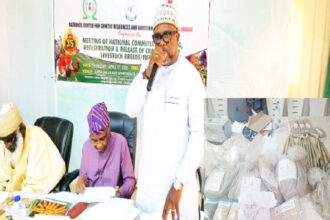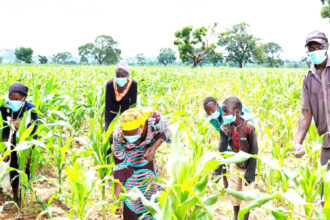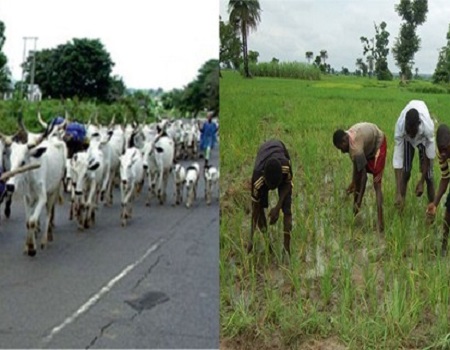
One is the vexed issue of Fulani herdsmen and farmers clashes which is resulting in high loss of human and material capital and the other, absence of performance records of livestock in the country.
Delivering the 58th inaugural lecture of the Federal University of Agriculture (FUNAAB), Abeokuta, Ogun State capital recently, Ozoje, said over 90 percent of livestock in the country are held by pastoralists and peasant farmers, lamenting that “these animals are not identified because they are not tagged and indiscriminate breeding goes on uncontrollably”.
As a compulsion, he said: “Nigeria must encourage ranching so we can monitor the performance of our livestock and develop breeding criteria and techniques for their improvement.”
Ozoje, who is the second inaugural lecturer from the department of animal breeding and genetics after Professor Olufunmilayo Adebambo, who is preparing her valedictory lecture, preparatory to her retirement, spoke on: “Chronicles of Livestock Improvement: Excerpts from the Memoir of a Geneticist,” canvassed the setting up of a record keeping center to keep the records of performance of the nation’s livestock.
He further stated that:”Nigeria does not even have accurate records of it’s livestock numbers, let alone of the performance records of the breeds of livestock in Nigeria. Pedigree record of performance is needed to define a breeding goal and develop a sustainable breeding programme for improvement.”
He thumbed up and recommended the Canadian example to policy makers in the country, contending that: “it is the responsibility of government to set up the national record keeping center,” If the livestock industry must develop.
The Professor, who was for four years a visiting scholar to the University of Develooment studies, Tamale, Ghana, said about 1.3 billion people are being engaged by the livestock industty in the world, with about 600 million small holding farmers in developing countries.
He frowned at policy somersault as one of the banes of the country, just as he added that efforts must be made to float research funds through designated agencies, schooling that:” every developed countries of the world excelled on the basis of research findings.
The inaugural lecturer advised government to compel Companies in the country to float and fund research locally, lamenting that Nigerian companies and organisations sponsor research in other countries on products they want to sell to Nigerians.
At the well-attended lecture, where the Vice-Chancellor, Professor Felix Salako, commended the thoroughness of the inaugural lecturer, Professor Ozoje, said the formation of breeding societies must be encouraged by policy makers, recalling that the Kenyan government, through the Boran cattle breeding society has “almost double the milk production capacity of the country in less than twenty-five years when the society started.”

